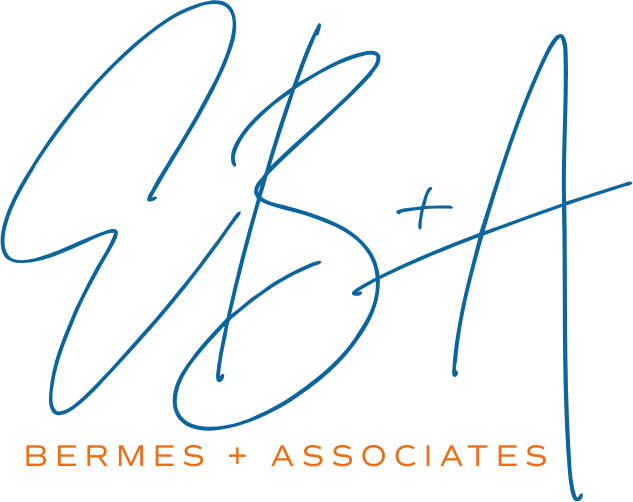
- Emily’s Insights -
Executive Transition & Onboarding Articles

Why Proactive Coaching Is Better Than Reactive Coaching
Proactivity beats reactivity every time. That’s true in business, in careers, in life – and certainly in executive coaching engagements, too.

How to Be Good at Receiving Feedback
Receiving feedback well can be difficult, but deflecting it makes things worse. Here’s how to approach feedback as an executive, with an eye toward how the reactions of leaders impact their teams.

Why High-Intensity, Out-of-the-Box Team Development Works
We partner with Mastiff Protection to offer high-intensity team development trainings. Through controlled, high-stakes scenarios, these innovative trainings take participants out of their comfort zones. They illuminate how individuals’ strengths and weaknesses play out under pressure, and quickly build team functionality and trust.

How to Cultivate Humility in Leadership
The truth is that humility is more a core trait than it is a set of actions, so it’s impossible to prescribe a behavioral plan that guarantees humility. But it is possible to cultivate humility in leadership.

The Top 3 Myths About Taking Risks
If you’re sensible, you’re scared of risks. But you take them anyway. Why? Because you know the value of growth. To take a risk literally means to expose yourself to danger and uncertainty – and, ironically, those elements are what save us from stagnation.

Is My Boss a Sociopath? Here’s What to Do If the Answer Is Yes
The higher you rise in an organization, the more likely it is you’ll cross paths with a sociopath. Here’s how to identify sociopathic behavior – and how to navigate the relationship if you do.

The Biggest Challenges Executives Will Face in 2019
Here’s the truth: 2019 can be a great year – but there are going to be challenges. These are the three biggest ones that executives will need to overcome in order to thrive this year.

How Executives Should Manage a Crisis
Executive leadership in a crisis is difficult. But executives that lead well in difficult circumstances build great legacies. Let’s take a look at the key strategies needed in difficult circumstances to help executives do that.

How to Work with an Executive Coach
Working with an executive coach can be a game-changer for an executive’s success. Here’s what the process looks like – and what you should and shouldn’t do to make the engagement as effective as possible.
